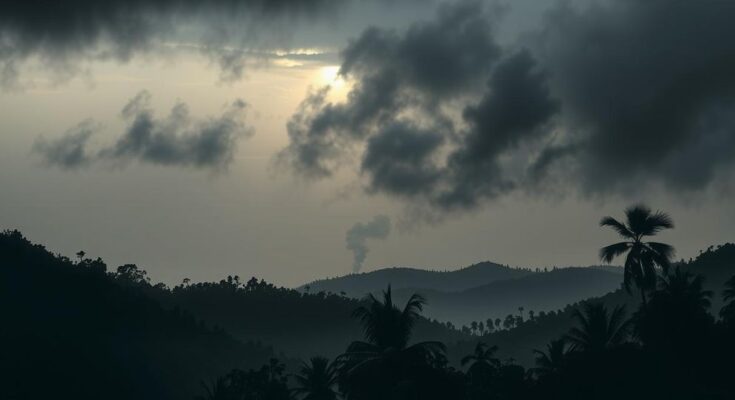The ongoing conflict in DR Congo is primarily fueled by the M23 rebel group’s takeover of Goma amid a long-standing battle for mineral wealth. Ethnic tensions, particularly involving Tutsis, continue to drive the violence, with Rwanda’s alleged involvement further complicating the situation. The failure of past peace initiatives highlights the urgent need for dialogue and resolution to achieve stability.
The Democratic Republic of Congo (DRC) has experienced persistent conflict, particularly in its mineral-rich eastern region, for over three decades, a situation exacerbated by the 1994 Rwandan genocide. Multiple armed factions are vying for control over natural resources, destabilizing the central government and attracting regional intervention. Past major conflicts, labeled Africa’s World Wars in the 1990s, resulted in extensive human casualties, affecting millions.
Currently, the M23 rebel group has made significant advances, reportedly entering Goma, a critical eastern city with over a million inhabitants. The location is strategic due to its proximity to major mining operations for sought-after minerals. M23 claims dominance over Goma, while the Congolese government maintains that its forces still hold crucial positions within the city.
The situation in DRC remains perilous, compounded by external influences, particularly from Rwanda. M23’s resurgence raises questions about ethnic tensions and the unaddressed grievances of the Tutsi minority. Efforts for a stable peace have failed, indicating a dire need for effective dialogue and resolution mechanisms to prevent further escalation.
Original Source: www.bbc.com




